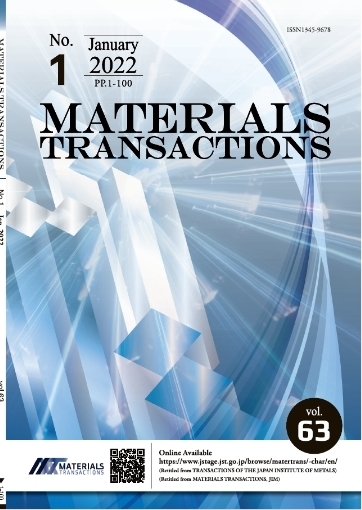Controlling Alternating Current Distribution inside Conductive Material Leads to a Novel Volumetric Examination Method —Experimental Verification
Noritaka Yusa, Ladislav Janousek, Kenzo Miya
pp. 1162-1165
Abstract
This paper experimentally demonstrates that controlling alternating current distribution inside conductive material enables one to perform volumetric examinations using electromagnetic phenomena. Several current distributions are superposed to locally realize a unique alternating current distribution having a phase difference of 180 degrees between currents flowing near the surface and those deep inside, while having non-exponential decay in depth direction. Experimental results clearly show that measuring the phase of magnetic field outside the material as a function of the ratio of the superposition provides quantitative information about the depth of defects. In addition, this approach is applicable even though the depth of defects is much deeper than the standard depth of penetration; experimental results show clear differences between signals due to near-side notches of 10, 12, 15, and 20 mm deep, when an exciting frequency of 100 kHz is adopted.










